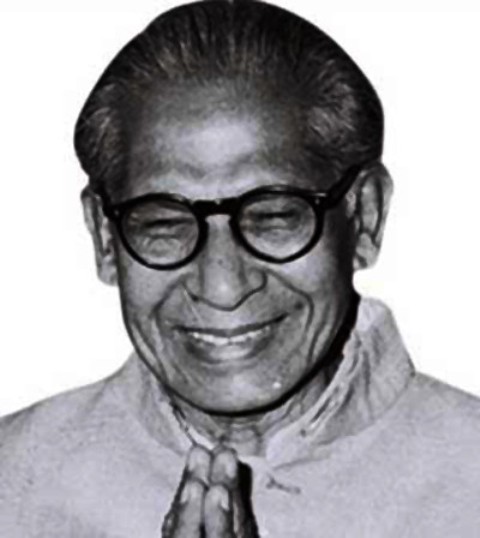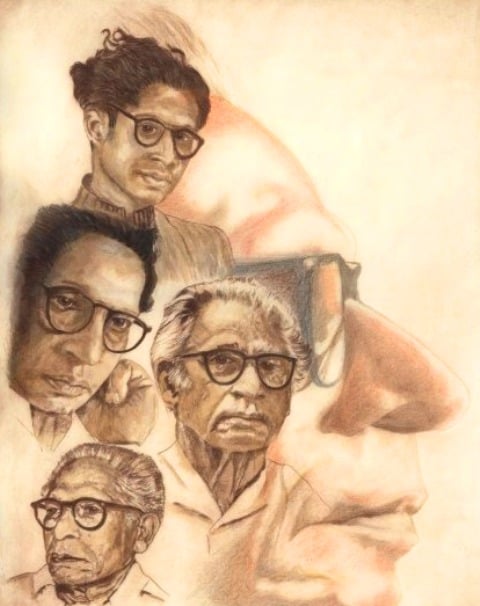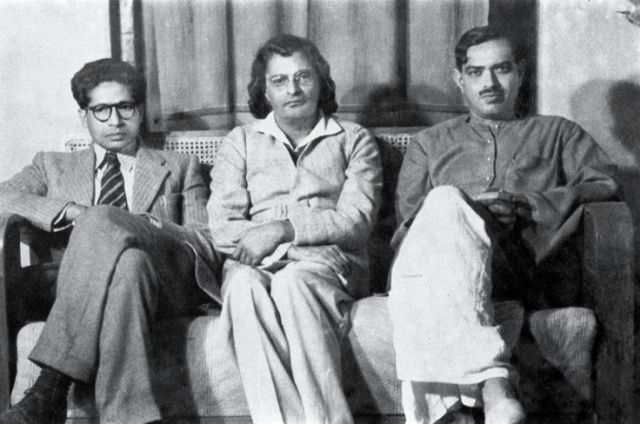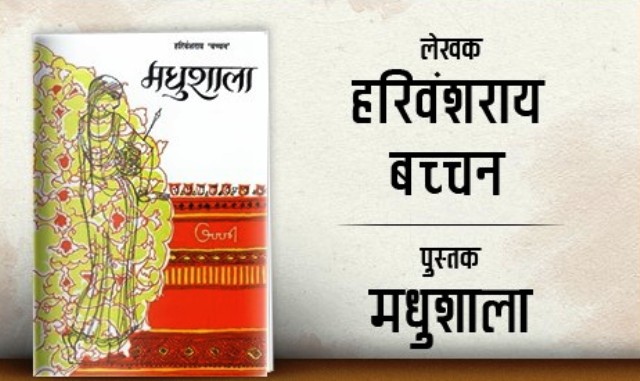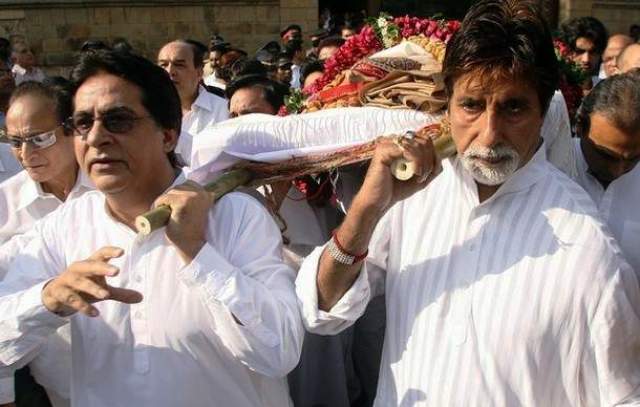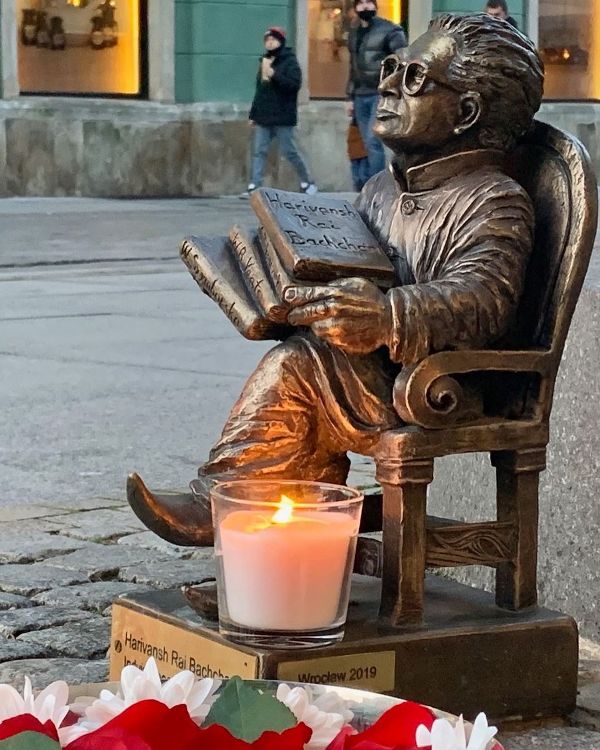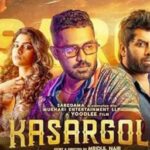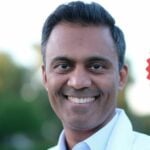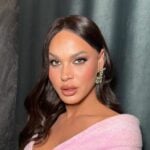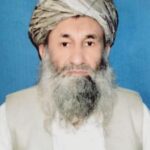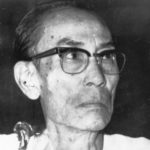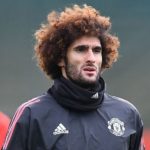Harivansh Rai Bachchan Age, Death, Wife, Children, Family, Biography & More
| Bio | |
|---|---|
| Real Name | Harivansh Rai Srivastava |
| Profession | Poet |
| Awards/Honours | • 1968: awarded Sahitya Akademi Award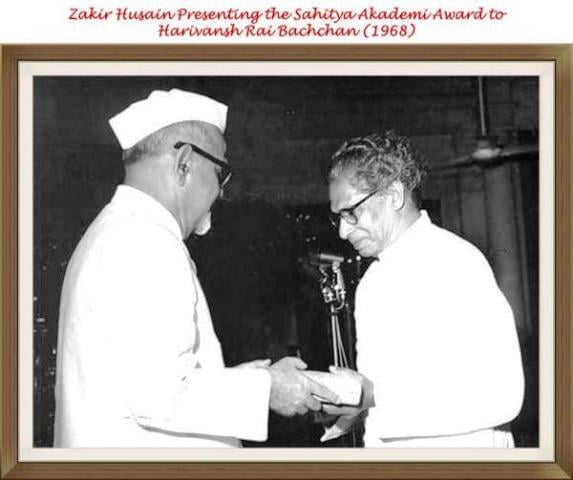 • 1976: honoured with the Padma Bhushan • 1991: honored with Saraswati Samman for his four-volume autobiography, Kya Bhooloon Kya Yaad Karoon, Needa Ka Nirman Phir, Basere Se Door and Dashdwar se Sopan Tak |
| Physical Stats & More | |
| Height (approx.) | in centimeters- 173 cm in meters- 1.73 m in Feet Inches- 5’ 8” |
| Eye Colour | Black |
| Hair Colour | White |
| Personal Life | |
| Date of Birth | 27 November 1909 |
| Birthplace | Babupatti, Raniganj, Pratapgrah, United Provinces of Agra and Oudh, British India |
| Date of Death | 18 January 2003 |
| Place of Death | Mumbai, Maharashtra, India |
| Death Cause | Chronic respiratory ailments |
| Age (at the time of death) | 95 Years |
| Zodiac sign | Sagittarius |
| Signature | 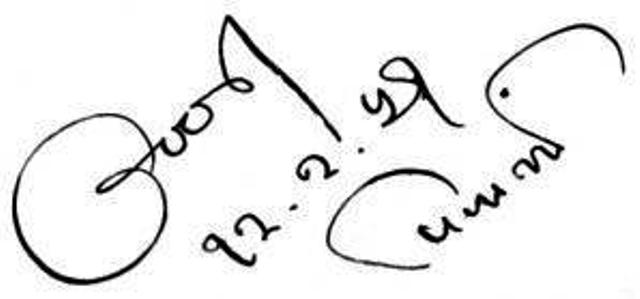 |
| Nationality | Indian |
| Hometown | Pratapgrah, Uttar Pradesh, India |
| School | Kayastha Paathshaala, Uttar Pradesh |
| College/University | • Allahabad University, Allahabad, Uttar Pradesh • Banaras Hindu University (BHU), Uttar Pradesh • St Catharine's College, University of Cambridge, Cambridge, England |
| Educational Qualification | Ph.D. from St Catharine's College, Cambridge, Cambridge University |
| Family | Father- Pratap Narayan Shrivastav Mother- Saraswati Devi |
| Religion | Atheist [1]Outlook |
| Catse | Kayastha |
| Hobbies | Writing Poetry, Reading |
| Favourite Things | |
| Book | Srimad Bhagavad-Gita |
| Poets | William Shakespeare, W.B. Yeats (Irish Poet) |
| Politician | Indira Gandhi |
| Girls, Affairs and More | |
| Marital Status | Married (at the time of death) |
| Wife/Spouse | First Wife- Shyama Bachchan (1926–1936) Second Wife- Teji Bachchan (1941–2003) 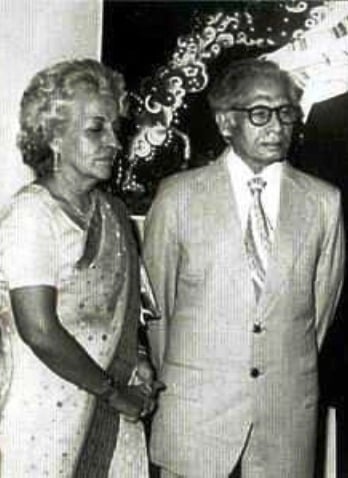 |
| Children | Sons- Amitabh Bachchan (Actor), Ajitabh Bachchan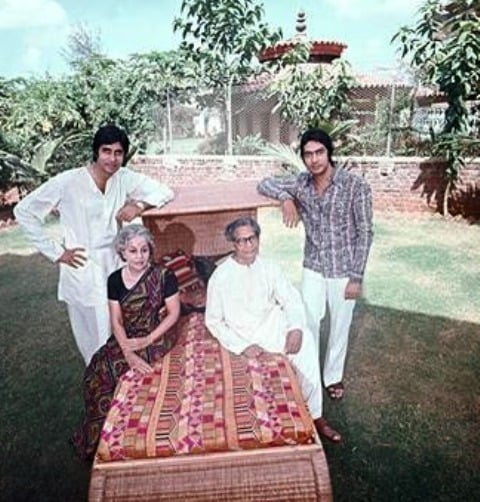 Daughter- None Grandson- Abhishek Bachchan (Actor) 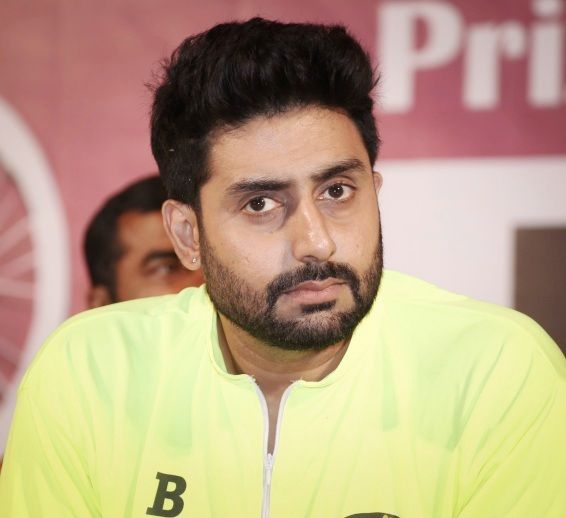 Granddaughter- Shweta Bachchan Nanda 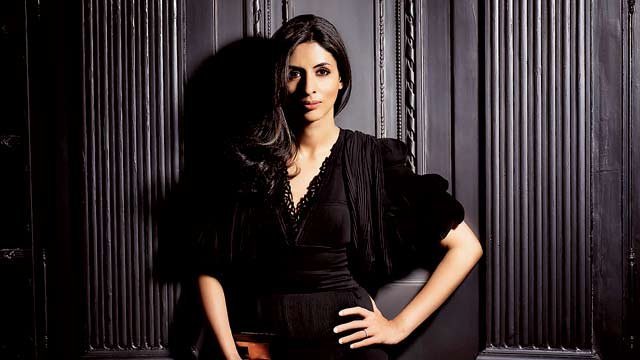 Daughter-in-law- Aishwarya Rai (Actor) 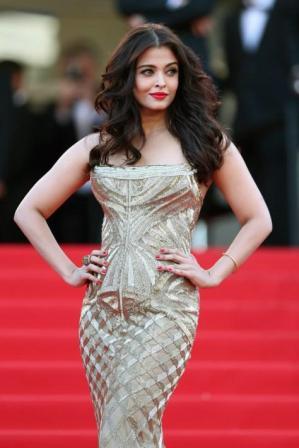 |
Some Lesser Known Facts About Harivansh Rai Bachchan
- He was born in a Kayastha family.
- He was the eldest son of Pratap Narayan Shrivastav and Saraswati Devi.
- His parents used to call him “Bachchan” (meaning kid) at home.
- He followed his family tradition of attending Kayastha Paathshaalas.
- After receiving his formal schooling from a municipal school, he studied at the Banaras Hindu University (BHU) and Allahabad University.
- While studying at the BHU, he got influenced by India’s Independence Movement led by Mahatma Gandhi and took part in that.
- At Allahabad University, he taught in the English Department for two years (from 1941 to 1952).
- After his teaching stint at Allahabad University, he moved to St Catharine’s College, Cambridge, Cambridge University to pursue his Ph.D. It was there that he used “Bachchan” for the first time as his last name in place of Srivastava.
- Harivansh Rai Bachchan is the 2nd Indian to get his Doctorate from Cambridge.
- He had also served at All India Radio (AIR) in Allahabad.
- In 1926, he married his first wife, Shyama, at the age of 19. At that time Shyama was only 14 years old. However, only 10 years after their marriage, Shyama died after a long spell of TB in the year 1936.
- In 1955, the External Affairs Ministry appointed him an officer on Special duty in Delhi. He served there for 10 years.
- He was an ardent advocate of the Hindi language and had been associated with the evolution of Hindi as the official language.
- He had translated Shakespeare’s Macbeth and Othello into the Hindi language.
- In 1966, he was nominated to the Rajya Sabha.
- He was a good friend of the renowned Indian poets Sumitranandan Pant and Ramdhari Singh Dinkar.
- He had penned the most famous Holi Song- “Rang Barse,” which was also used in the Hindi film “Silsila” featuring his son, Amitabh Bachchan.
- His couplets titled “Agnipath” were used in the film “Agnipath (1990)” again starring Amitabh Bachchan.
- His couplets “Koshish Karne Waalon Ki Kabhi..” were used in the film “Maine Gandhi Ko Nahin Mara.”
- The musical version of “Madhushala” was sung by Manna Dey.
- On 18 January 2003, he breathed his last, and on 19 January 2003, his mortal remains were consigned to flames amid chanting of ritualistic hymns at the Ruia Park crematorium in suburban Juhu in Mumbai. His elder son Amitabh Bachchan lit the funeral pyre. Among those who attended the funeral included politician Amar Singh, former Indian cricketer Sunil Gavaskar, film personalities Yash Chopra, Randhir Kapoor, Rishi Kapoor, Sanjay Dutt, Anupam Kher, Anil Kapoor, and industrialist Anil Ambani.
- A square in Wroclaw, Poland, which was declared as a UNESCO City of Literature, has been named after Harivansh Rai Bachchan, and a statue of him has also been erected there.
- He often used to introduce himself as-
Mitti ka tan, masti ka man, kshan-bhar jivan– mera parichay
(मिट्टी का तन, मस्ती का मन, क्षण भर जीवन, मेरा परिचय)
(A body of clay, a mind full of play, a second of life – that’s me)
- In an episode of Kaun Banega Crorepati Season 15, Amitabh Bachchan shared a story from his family’s history. He recounted the challenges his parents, Harivansh Rai Bachchan and Teji Bachchan, faced due to their inter-caste marriage, particularly when they arrived in Allahabad, where such marriages were deemed unacceptable at the time. Despite the societal resistance, Sarojini Naidu, an ardent admirer of Harivansh Rai Bachchan, emerged as a pillar of support during that phase. Naidu also introduced them to Jawaharlal Nehru by saying “meet the poet and his poetry.” [2]The Times of India Amitabh Bachchan said,
I am getting a little hesitant to say this but she was also a big fan of my babuji. My babuji had done an intercaste marriage. My maataji Teji was from a Sikh family and when we lived in Allahabad over there gettting married in a different caste was called a sin during that time. So during that time, people fought against my father when he took my mother to Allahabad. So Sarojini Naidu was the first person who consoled him. She introduced him to Pandit Jawaharlal Nehru who used to live in Anand Bavan in Allahabad. I still remember the way she had introduced my father. She said, ‘meet the poet and his poetry.’
References/Sources:

